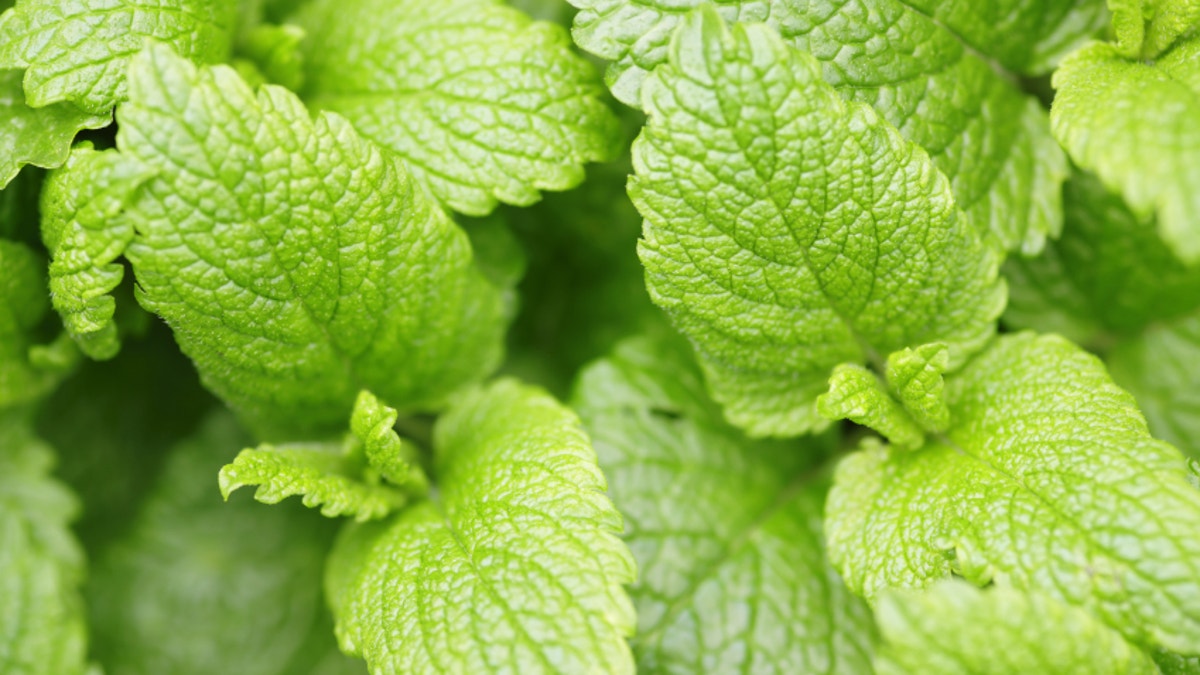
If we were all able to relax on the beach or in the mountains daily, get rid of our hectic schedules, and remove virtually all stress factors from our lives, we wouldn’t require aides to calm us down. However, since we don’t live in this utopia, but in high-stress circumstances instead, we require support to soothe frayed nerves and to relieve the grind of ongoing stress.
Enter lemon balm, also known as Melissa. A versatile traditional herbal remedy, this perennial herb is native to the Mediterranean region and is widely cultivated throughout Europe. Germany, Spain, Romania and Bulgaria are important countries for this crop, which enjoys broad use in herbal medicine. The dried leaves and flowering tops are used, and the herb imparts a pleasant lemon-like aroma.
As early as 300 BC, lemon balm was described in the Historia Plantarum by noted Greek biologist Theophrastus. Eleventh century Arab physician Avicenna noted that "balm makes the heart merry and joyful, and strengthens the vital spirits." In ancient Greek and Roman medicines, lemon balm was used to treat poisonous bites and stings and as a dressing for wounds. In the Middle Ages, lemon balm was employed to relieve stress and anxiety, promote sleep, ease indigestion and lift the spirits.
In India’s system of Ayurveda, lemon balm enjoys a history of use for indigestion associated with anxiety. European herbals credit lemon balm with enhancing memory, and the 1698 London Dispensary assured that "an essence of Balm drunk every morning will renew youth, strengthen the brain, relieve languishing nature, and prevent baldness." Of these claims, the one pertaining to baldness appears to be untrue.
The famous Swiss physician Paracelsus credited lemon balm as an “elixir of life,” and claimed that regular use could increase lifespan. In either the fourteenth or seventeenth century Carmellite monks developed Eau de Melissa de Carmes, an elixir for promoting longevity. In Europe, the leaves and flowers of lemon balm were strewn upon floors and among church pews to freshen rooms. The herb has enjoyed a long history for furniture polishing, and today, extract of lemon balm appears in some versions of Colgate toothpaste. The herb has also been used in the making of jellies and jams.
In more modern times, extract of lemon balm has demonstrated anti-herpes activity when applied to lips. In one study reported in the Journal of Neurology, Neurosurgery and Psychiatry, administration of lemon balm daily improved cognition in patients with mild to moderate Alzheimer’s disease. In one study of healthy volunteers, a daily dose of 600 mgs of lemon balm for a week improved mood, and boosted both calmness and alertness. Several studies show that lemon balm, in conjunction with other herbs such as valerian, hops and chamomile, enhances sleep.
Lemon balm is high in natural antioxidants, thereby providing protection to cells and inhibiting premature cellular aging, contains essential oils, which are responsible for the pleasant fragrance of this herb. Eugenol in lemon balm may be responsible for its antispasmodic activity.
Germany’s Commission E approves the use of lemon balm for sedative purposes and as a carminative, meaning it prevents the formation of intestinal gas. The British Herbal Pharmacopoeia approves the use of lemon balm for sedative purposes and as a topical anti-herpes remedy.
The easiest and least expensive way to enjoy the calming effects of lemon balm is as a tea. The taste is pleasant, and the aroma is highly pleasing. Alvita makes a lemon balm tea, as does the company Salus. Next time you’re feeling a bit edgy, make yourself a cup of lemon balm tea, then sit and relax and sip away the stress.
Chris Kilham is a medicine hunter who researches natural remedies all over the world, from the Amazon to Siberia. He teaches ethnobotany at the University of Massachusetts Amherst, where he is Explorer In Residence. Chris advises herbal, cosmetic and pharmaceutical companies and is a regular guest on radio and TV programs worldwide. Chris is the author of 14 books, including Hot Plants, Tales from the Medicine Trail, Kava: Medicine Hunting in Paradise, The Whole Food Bible, Psyche Delicacies, and the international best-selling yoga book, The Five Tibetans. Richard Branson features Chris in his new book, Screw Business as Usual. His field research is largely sponsored by Naturex of Avignon, France. Read more at www.MedicineHunter.com.